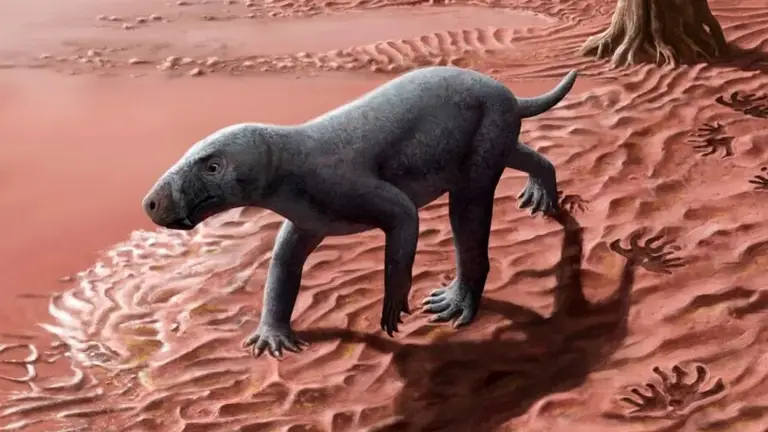
Command paleontologists made a sensational discovery in Mallorca, having found the remains of the oldest known ancestor of mammals, the gorgonopsis, which is about 280 million years old.
This was reported by URA-Inform with reference to Nature Communications.
The aforementioned predators, which belong to the synapsid group, lived long before the dinosaurs and played a key role in the evolution of vertebrates. According to Josep Fortuny, a paleontologist at the Catalan Institute of Paleontology, the discovery has a double significance.
Firstly, it is the first gorgonopsis found in low latitudes. Secondly, the remains are the oldest known. The discovery helps fill in gaps in the evolutionary history of mammals, linking their origins to the equatorial regions of the supercontinent Pangea.
The fossils include parts of the skull, vertebrae and ribs, making it difficult to accurately identify the species.

Nevertheless, their analysis provides a unique opportunity to study the early stages of evolution that preceded the emergence of modern mammals. The discovery confirms that the evolution of life on Earth was much more complex and more diverse than previously thought.
Against this backdrop, dozens of new ancient mummies have been discovered in Egypt.

